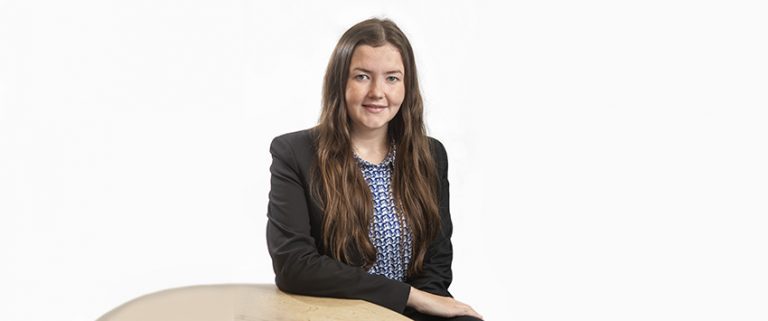Why did you choose a job in this sector?
As I was going through university, I decided I did not what to continue doing lab work as a career. However, I loved the subject matter and wanted to continue to use my technical knowledge if possible. I came across intellectual property through careers fairs and research, and it seemed to be the perfect fit. I also loved the idea of the challenge of learning the law, which I had never done before.
How did you get your job at Secerna?
I started looking for patent firms and found out about Secerna on IP Careers as they were advertising a position on the site. Secerna was exactly what I wanted in terms of firm size and location, as I wanted to be in the north of England. With Serena being a purely IP firm, I knew I would get a great breadth of work and experience with global companies, and good contact with qualified attorneys.
What was the application process like – any advice?
I submitted my CV and covering letter to the advertised position on IP Careers. I then got invited to a one-to-one interview with a partner, and to get a bit more of a feel for the firm. I then was invited to a second interview with both partners. While I was there, I got a tour of the office which was great as I got to see the full setting and envisage working for the firm. I then received my offer letter from the partners.
My advice would be to speak to whoever you can in IP, including those at different levels. This will give you an insight and knowledge for your interview. I would also say research what is happening in IP in the news and current affairs and look at that firm’s news. This shows your interest and gives you talking points for the interview.
Make sure there are no errors in your CV or covering letter. Check it and then check it again and get someone else to review it too; it is so important to have attention to detail in intellectual property, and you do not want to fall at the first hurdle.
What are your main duties/roles?
One of my main tasks is preparing letters in response to official communications from the patent office. This often involves amending the claims to get around objections. As well as my work with patents, I also get experience with trademark and registered design applications which I find interesting. I feel in a bigger firm, I may not have got the opportunity to work outside my technical field and I love the challenge.
Is it a 9-5 job?
On the whole, it is. Sometimes you are required to work over the standard hours if there is an urgent requirement or a large task. If you can work efficiently, you can stay within timelines most of the time.
The exception to this is if you are preparing for your exams, in which case that is in your own time outside of office hours.
What skills are useful in this sector/profession?
Time management, organization and attention to detail are key to the role. You will need to juggle multiple cases at a time, so the ability to prioritize your tasks and allocate timescales is a necessity to success in the role. Meeting deadlines is critical, as if you do not make one, it can have big ramifications for the patent.
It is important to be meticulous and check everything multiple times. There cannot be any risk of misinterpretation, so you need to make sure you are clear in your work.
What would you like to achieve in the future?
In the near future, I would like to start my Intellectual property exams and get that process moving along. Then I would like to become qualified to practice in both the UK and Europe. Ultimately, my goal is to be a confident and established patent attorney.
Do you have any advice for anyone wanting to get into the industry?
My advice would be to do lots of research on intellectual property and fully immerse yourself in what the industry is like to work in. I found plenty of events and fairs to attend that gave me an overview of what was out there and what to expect.
Open days are also a great way to experience what life is like in a firm. You can ask questions of people at various levels with the workplace setting and see what a day in the life of a patent attorney looks like. My experience is that everyone in the industry is very happy to help answer questions and give advice, so do not be afraid to approach people for information.







